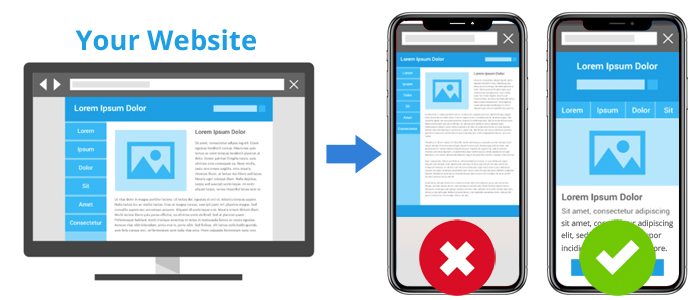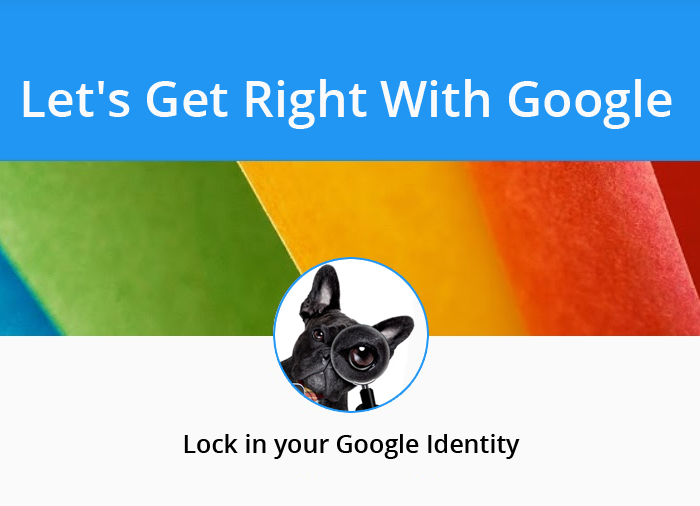
Success in Real Estate is largely due to who you know.
The more Whos, the more opportunity you create for yourself.
Creating a database of regular contacts has always been a sound strategy for real estate marketing.
Mailing Lists
Rolodex
Walking Farm
Past Clients
Friends/Family
Business Contacts
Email Database
Blog Feed Subscribers
Facebook Friends
Twitter Followers… and now the Hashtag: #
Why follow Hashtags instead of just keywords on Twitter?
Hashtag 101: When Twittering, by adding the # in front of a term (like this: #conan) it automatically groups your post with any other post that included the same #term. This term ‘group’ can be found by using http://search.twitter.com and searching for the #term or directly from your homepage on twitter in the search box.
The use of a Hashtag signifies that you are intending to group your updates to that specific term.
For Example: You may Twitter a phrase like “on fire in Santa Barbara” that could have many contextual meanings, whereas using the Hashtag #sbfire makes it clear as to what conversation you are contributing.
Although a search for “Santa Barbara Fire” may yield more results, and therefore arguably be a better way to find out information about the fire, it is the intention of those using the Hashtag that I am interested in leveraging. Users of the Hashtag are looking to be grouped together on purpose: they want to hold a conversation as a group.
Want to follow the absolute latest group chatter on the Manny Ramirez bust? #manny
Updates on the aporkalypse? #swineflu
Participating with Hashtags on Twitter.
It struck me just how useful Hashtags can be when I started jumping onto search.twitter.com to get the latest chatter on topics interesting to me. And, just as importantly, I could join in, instantly. I could address the audience directly, by including the #topic. Additionally, I could address at least one participant with @membername. The global and group connection was obvious.
Participating with Hashtags on Twitter is an easy and sure-fire way to gain exposure beyond your follower list. Note, just as the comments you leave on others’ blogs need to be relevant and engaging in order to earn you any click-value, the same applies to your Hashtag Tweets.
Make an effort to be heard, and you will gain an audience. Add to the white-noise, and you will be ignored.
How does using Hashtags help me generate more business?
Being recognized as the expert in a niche is solid way to gain the trust of your audience. Trust is the most important element in effective sales. By establishing yourself as the voice of a (relevant-to-your-business) niche Hashtag, you promote your savvy on the topic.
Grow your audience (the Whos), they recognize your expertise, and you have just created more opportunity for yourself.
Take for example what we have done with #reblogtip
 Our normal blogging advice articles are generally well thought out and at least 500 words (this one is 1000+). Being restricted to 140 characters forces us to deliver something of value, at a glance. But, it also gives us the opportunity to deliver something of value more often because of the convenience of brevity.
Our normal blogging advice articles are generally well thought out and at least 500 words (this one is 1000+). Being restricted to 140 characters forces us to deliver something of value, at a glance. But, it also gives us the opportunity to deliver something of value more often because of the convenience of brevity.
Adding to the frequency of your advice creates more exposure and more opportunity. Tethering pithy advice to a Hashtag makes for a great collection of your work. Showcasing will make it easy for your audience to recognize you as the expert of the niche!
Some hypothetical examples of Hashtag niches:
#SDshortsales
#miamibeachRE
#capecodloans
You get the idea.
Regardless as to whether your audience understands the significance of your use of Hashtags, the value is in the grouping and branding of your snack-sized knowledge blasts. My intention is to help you establish mind share for a brand and a niche. The Hashtag is for your convenience as much as it is for those following you.
When do I use my niche Hashtag?
Chances are you Twitter about a broad range of topics. Your niche Hashtag should be reserved for the updates that are clearly meant to be grouped together, carry value, and add to your recognition as being the expert in the topic.
Just as you may have several categories in your blogging, you can manage several Hashtags as well. Refrain from grouping too many together at once. The idea is to hone the niche, not confuse the audience.
Many are still confused by the potential value and effectiveness of Twitter. Going back to the first sentence of this article, it’s very much the ‘who you know’ that accounts for a lot of your success. Twitter can be an efficient manner to grow the Who, and with a Hashtag strategy you can strengthen their perception of you as an expert.
It is no surprise that the articles you write on your blog are not being read by the majority of your sphere. But you keep writing, knowing that every article is content in the bank. Content that helps you be found in the search engines. Content that continues to establish you as the passionate and dedicated expert that you are. It is just as true that most of your Tweets will be missed as well. Yet by separating your brief blasts of advice from the rest of your Twittering static, you can create a cache of content that can be leveraged just as effectively as your fine-tuned blog articles.
Quick Tip 1: As with all things new to you, that you hope to learn, spend some time watching others use Hashtags. Go to search.twitter.com and locate the Trending Topics. Or just do a search for some topic, and add the # just before the word. You can also follow multiple conversations at once at TweetGrid.
Quick Tip 2: follow @hashtags on Twitter. They will automatically follow you back, and then your Hashtags will be tracked by hashtags.org.
Quick Tip 3: Your competition can easily piggy-back your Hashtags, just as a community will start to use the same Hashtag to come together on a topic. To showcase your input, do a search for your Twitter ID coupled with the Hashtag. Example: retomato #reblogtip. Use this URL when showcasing your Hashtag online, keeping your visitors seeing just your posts and others’ response to them.
Resources:
http://hashtags.org/
http://search.twitter.com
http://tweetgrid.com/




